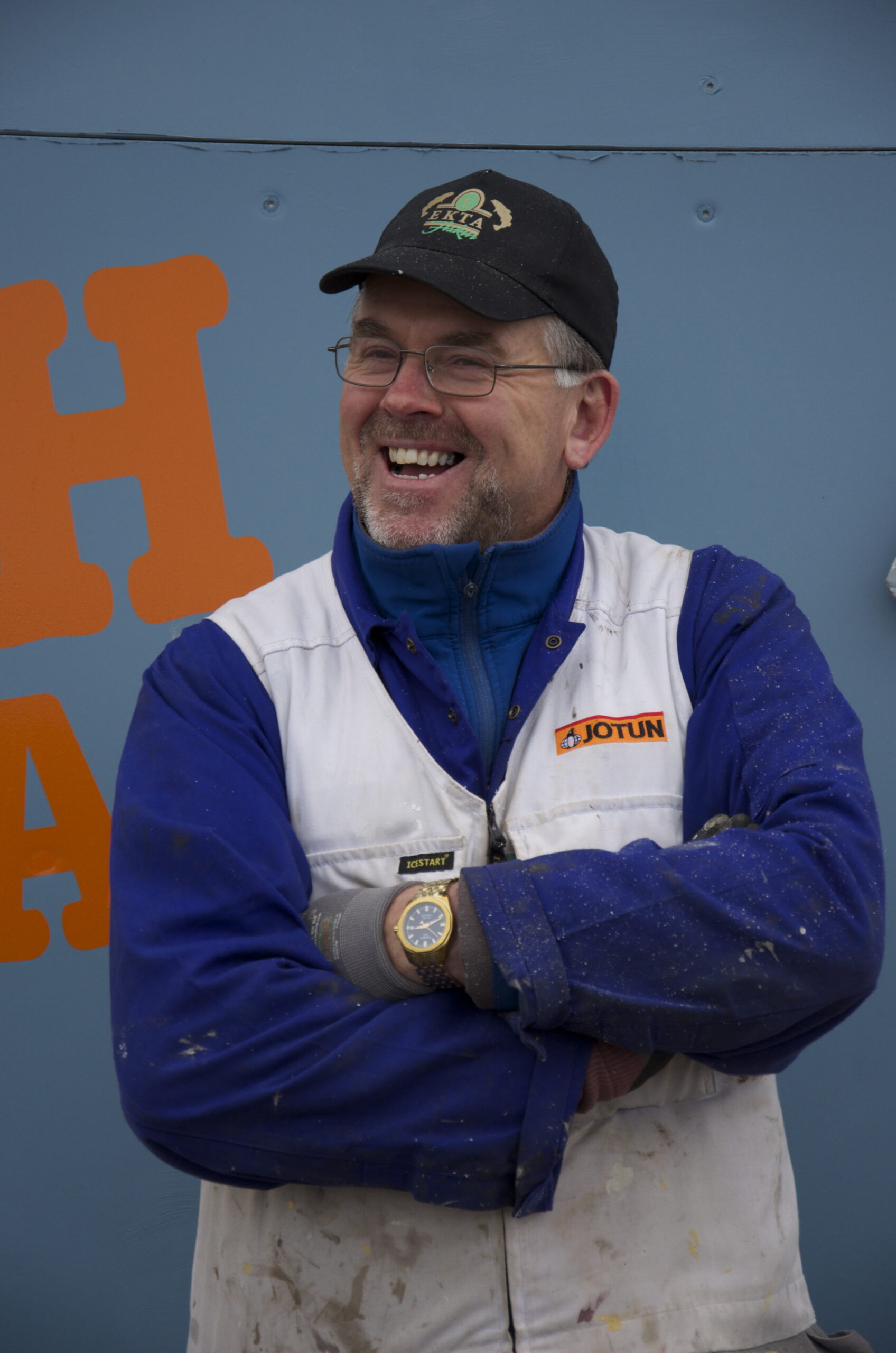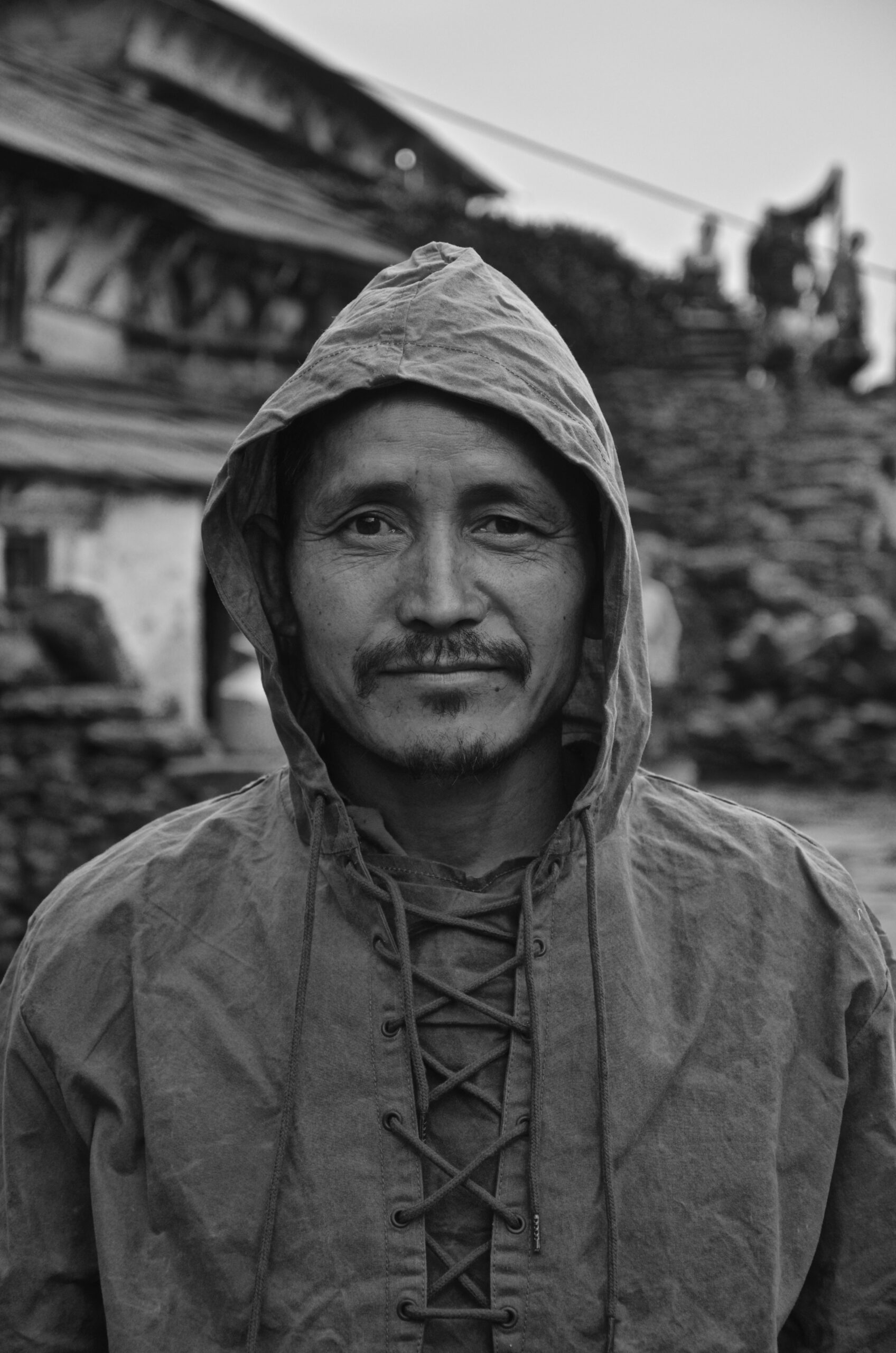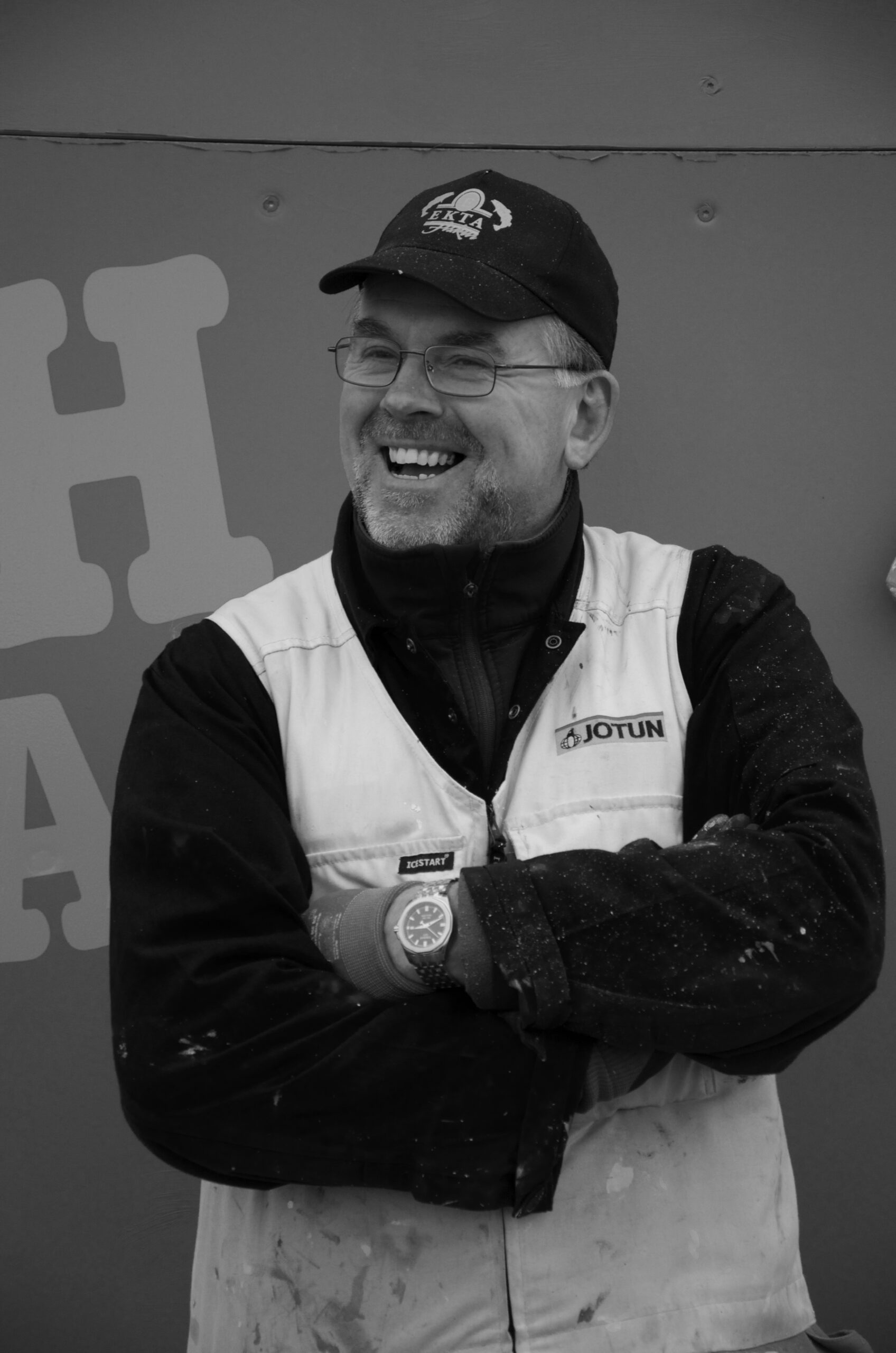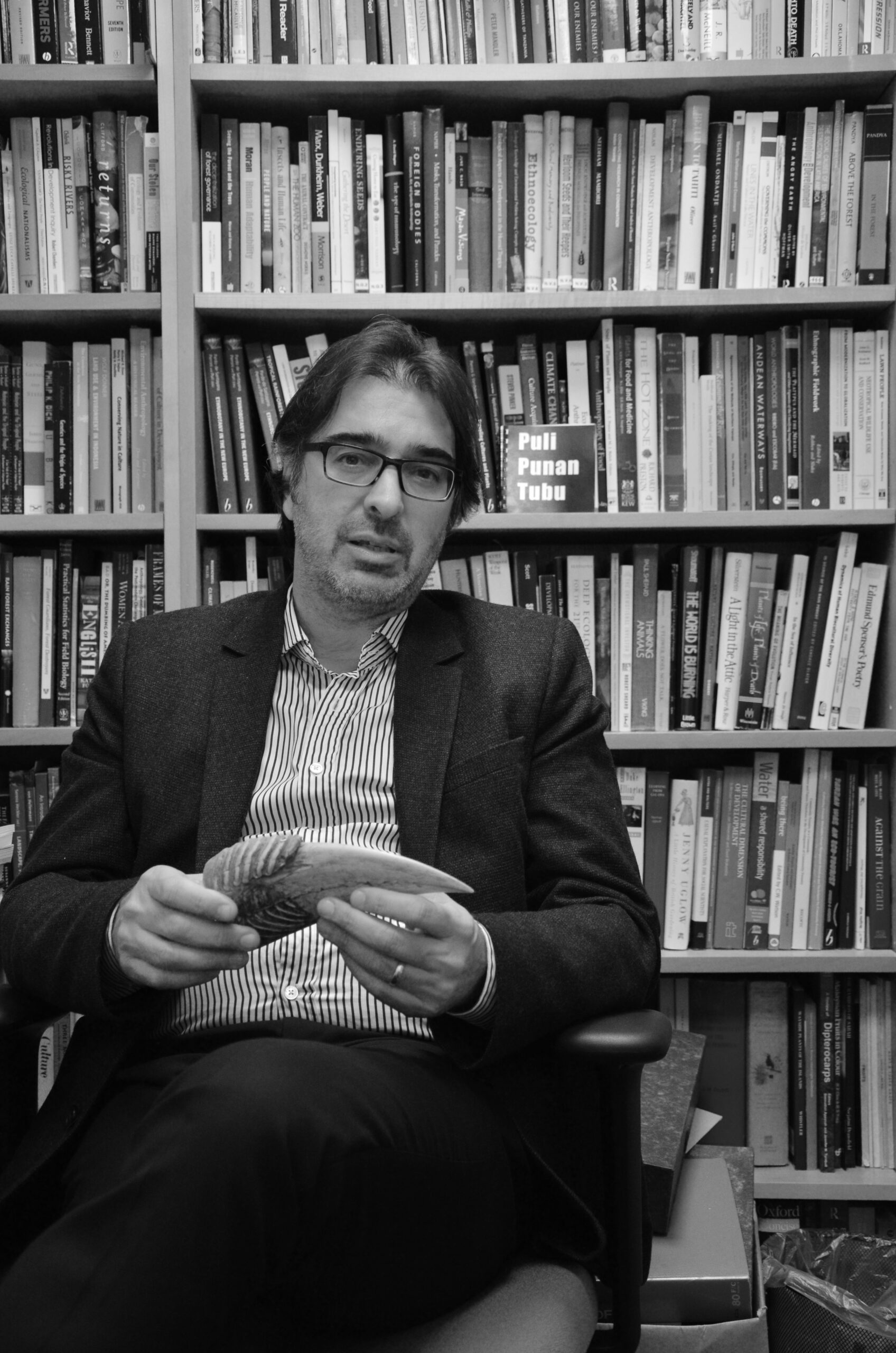ELVAR – THE KING OF ICELANDIC COD

Just as in times of war, I bid a heartfelt farewell to my family with a heavy heart, uncertain if our paths would ever cross again. The roots of my story are intertwined with the village where I grew up, a place where my siblings and I formed a tight-knit bond. We were four brothers, and in those days, our village was deeply entrenched in the world of fishing; it seemed as if there were no other pursuits to occupy our time.
I vividly remember the day I began my journey in the world of fishing at the tender age of 10. The initial weeks were a steep learning curve, and I often reminisce about the sheer difficulty of those days. We had to rise in the dead of night to prepare for our fishing expeditions. By 4 o’clock, my mother had already set the table to nourish us for the demanding day ahead. The chilly mornings were unforgiving; we had to break through the ice surrounding our boats. Six of us would huddle onto that small vessel, with scarcely enough room to move. There were days when we didn’t return until 7 in the evening, and the work of cleaning and processing the fish would continue until midnight. The relentless toil took a toll on my feet, and I often found them bleeding from the strain, the skin growing too hard and ultimately giving way.
My life was dedicated to the sea for three long decades. It wasn’t just a vocation; it was a relentless race against time. The adage held true – the earlier we arrived at our fishing spots, the greater our catch. We knew the hotspots in the sea where warm currents brought an abundance of fish, and we raced each morning to reach these areas as quickly as possible. Weather conditions were of little concern; we couldn’t afford to miss a day. The perils of the sea claimed the lives of many of my dear friends during this perilous journey.
Then came the introduction of fishing quotas, a pivotal change that altered the course of our lives. Suddenly, there was a cap on the amount we could catch, and the frenetic rush was replaced by a more measured pace. This transition undoubtedly saved countless lives, offering a semblance of safety to those who braved the tempestuous waters.
Debates about fishing quotas persist to this day. While they have unquestionably safeguarded both human lives and the fragile marine environment, the system has its drawbacks. As we adapted to the quota system, every fishing vessel received its allocated quota. These quotas could be bought and sold, leading to an unfortunate trend where small, close-knit communities in remote villages found themselves selling their quotas to larger companies headquartered in urban hubs like Reykjavik. In our own village, a once thriving company with 500 tons of quota saw its assets sold off, leading to the erosion of our local prosperity. It’s a trend mirrored in many small villages throughout Iceland, where economic livelihoods hang in the balance.
Our humble port is sheltered from the harsh winds. Yet, when brutal weather patterns descended upon us, there were moments when we were compelled to move our boats to safer harbors in places like Akureyri or Dalvik, all in a desperate bid to protect our livelihoods. Such occasions were marked by tears within my family, for the perils of the sea loomed large. But when the captain, the leader of our ship, declared, “We go,” there was no room for dissent. The captain was the chief, the general, and his word was unassailable. In those moments, we were bound by the unspoken code of the sea, where unity and obedience were paramount.
FOOD STORIES
Queste sono storie. Produttori, Pescatori, viaggi, ristoratori, scoperte, curiosità, riflessioni…




